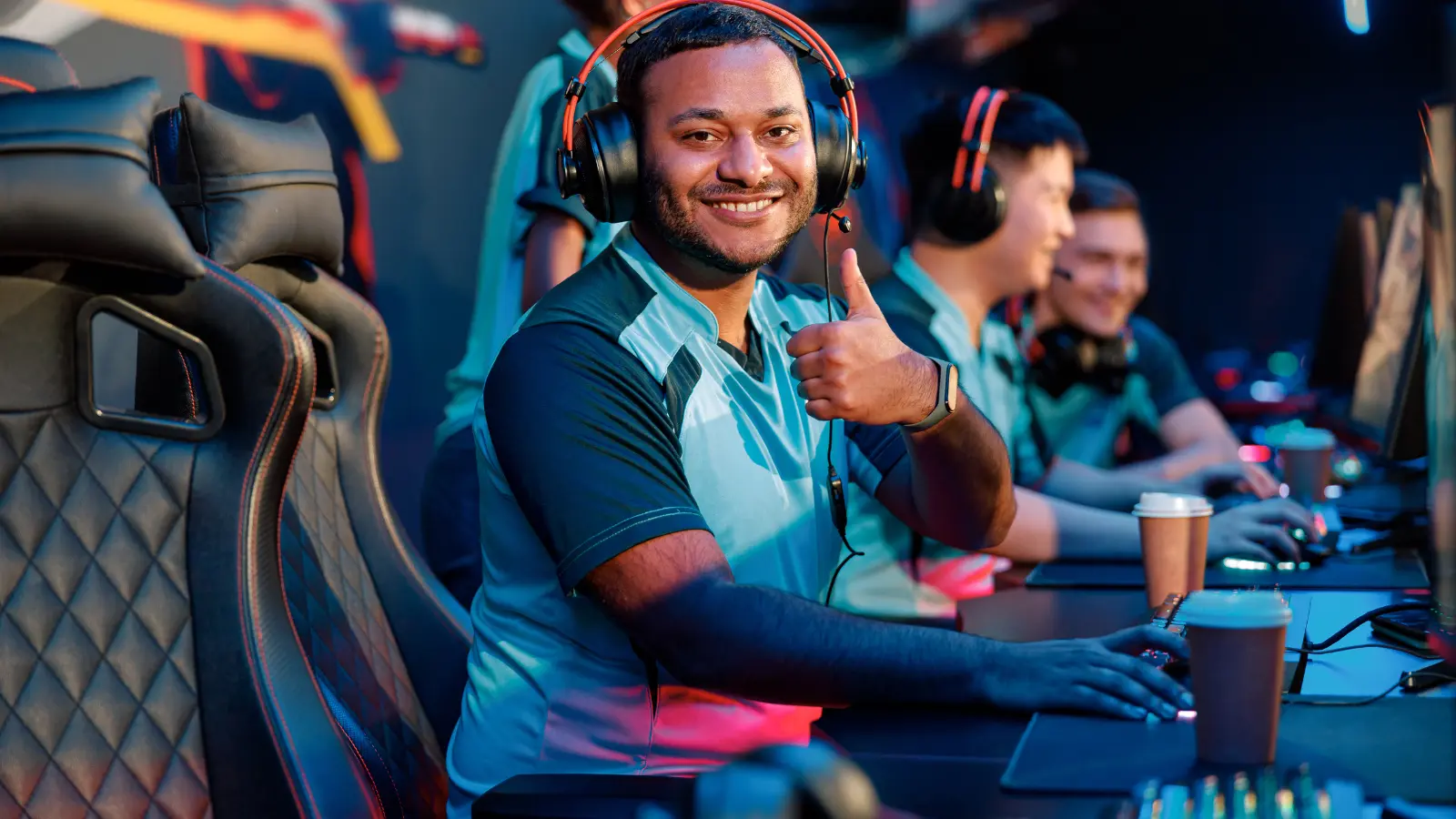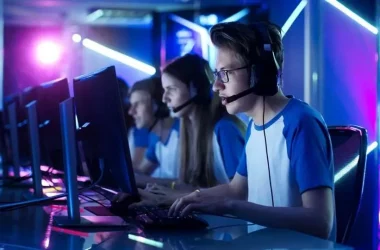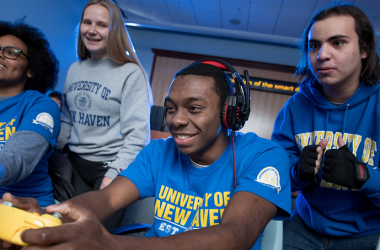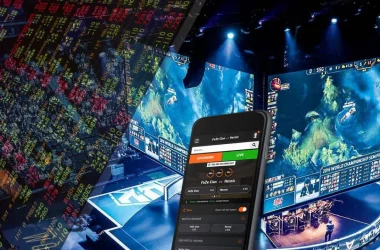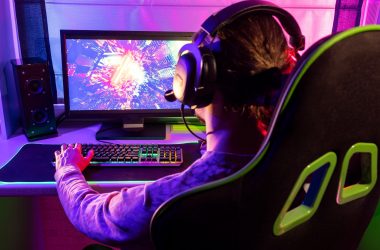Introduction:
Competitive gaming has evolved from a leisurely pastime into a global phenomenon, captivating millions of players worldwide. Among the various competitive gaming platforms, Counter-Strike: Global Offensive 2 (CS:GO 2) stands as a prominent esport, attracting dedicated players and fervent spectators alike. Beyond the technical proficiency required to excel in CS:GO 2, the mental fortitude demanded by this fast-paced and intense game is often overlooked. This article delves into the psychological intricacies of competitive gaming, shedding light on the mental challenges encountered by CS:GO 2 players.
The Competitive Mindset:
Competitive gaming demands a unique mindset that combines strategic thinking, quick decision-making, and the ability to adapt to rapidly changing circumstances. CS:GO 2 players must cultivate a balance between aggression and caution, as one misstep can alter the course of an entire match. The pressure to perform consistently at a high level, often in front of an audience, can induce stress and anxiety, leading to lapses in focus and performance.
Stress and Performance Anxiety:
In the high-stakes environment of competitive gaming, stress and performance anxiety are common adversaries for CS:GO 2 players. The fear of failure, the pressure to meet team expectations, and the weight of individual responsibility can culminate in heightened levels of stress, impairing cognitive functions and reflexes. Managing these stress levels is critical for maintaining optimal performance and preventing burnout.
Team Dynamics and Communication:
CS:GO 2 is a team-based game, emphasizing the importance of effective communication and cohesive teamwork. Players must navigate intricate team dynamics, fostering trust and synergy among teammates while managing conflicting strategies and individual play styles. This intricate balance can impact a player’s mental well-being, as misunderstandings and miscommunication can lead to frustration and discord within the team.
Handling Loss and Rejection:
The competitive nature of CS:GO 2 inherently entails encountering defeat and facing rejection, which can significantly impact a player’s morale and self-esteem. Coping with losses and learning from mistakes is essential for personal growth and long-term success in the competitive gaming arena. Developing resilience and a healthy perspective on setbacks can bolster a player’s mental endurance and fortitude.
Maintaining Mental Well-being:
Prioritizing mental well-being is crucial for CS:GO 2 players aiming for sustainable success. Establishing a balanced lifestyle, incorporating regular breaks, and practicing mindfulness techniques can enhance focus, reduce stress levels, and foster a positive gaming experience. Seeking support from peers and professionals can also provide valuable insights and strategies for managing the psychological demands of competitive gaming.
Conclusion:
The world of competitive gaming, particularly in CS:GO 2, is a challenging yet exhilarating domain that tests the limits of a player’s mental resilience and agility. Understanding the psychological intricacies of competitive gaming can pave the way for fostering a supportive environment that nurtures the holistic well-being of players. By acknowledging and addressing the mental challenges faced by CS:GO 2 players, the gaming community can cultivate a culture that prioritizes both performance and psychological health, ultimately elevating the gaming experience for all involved.

